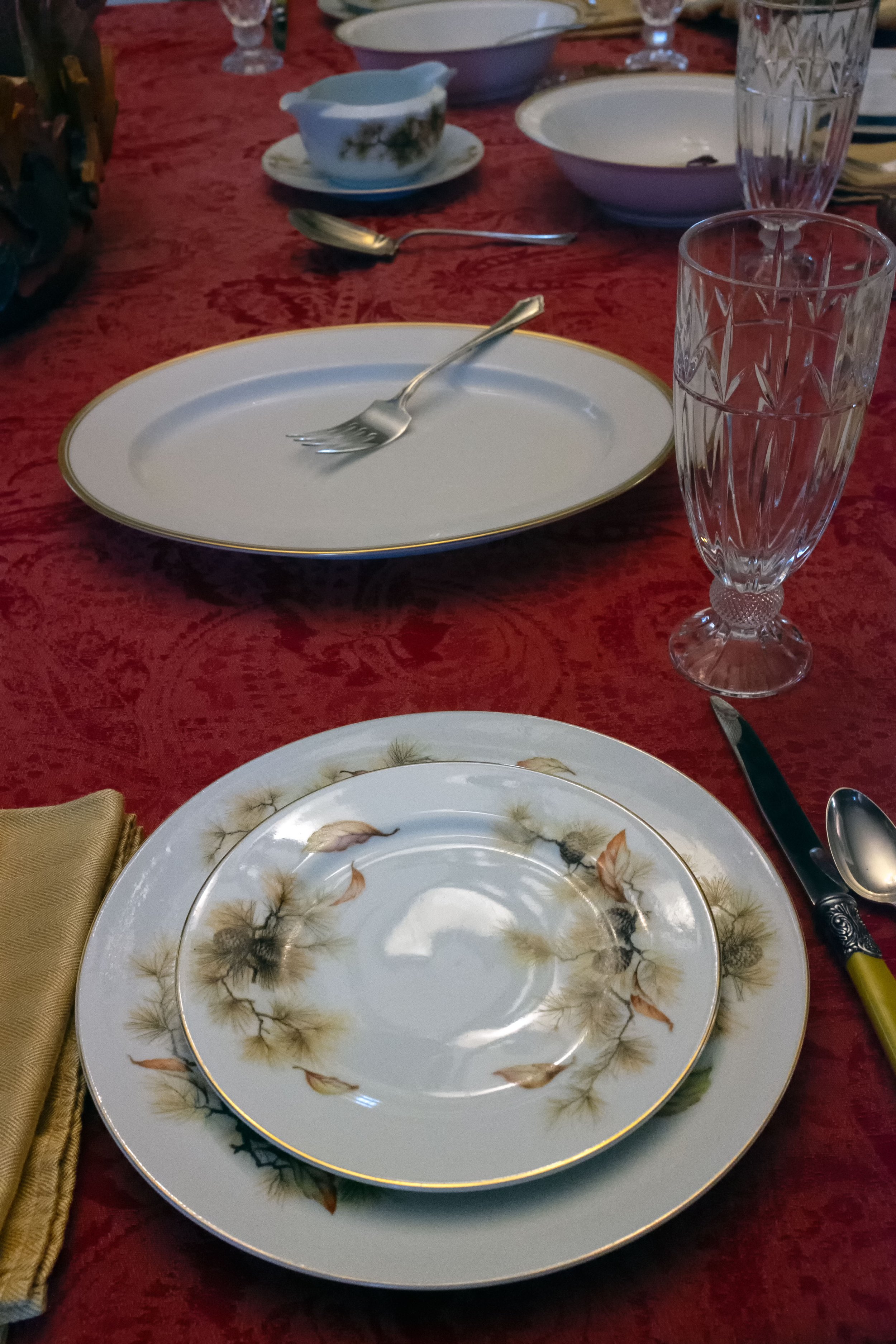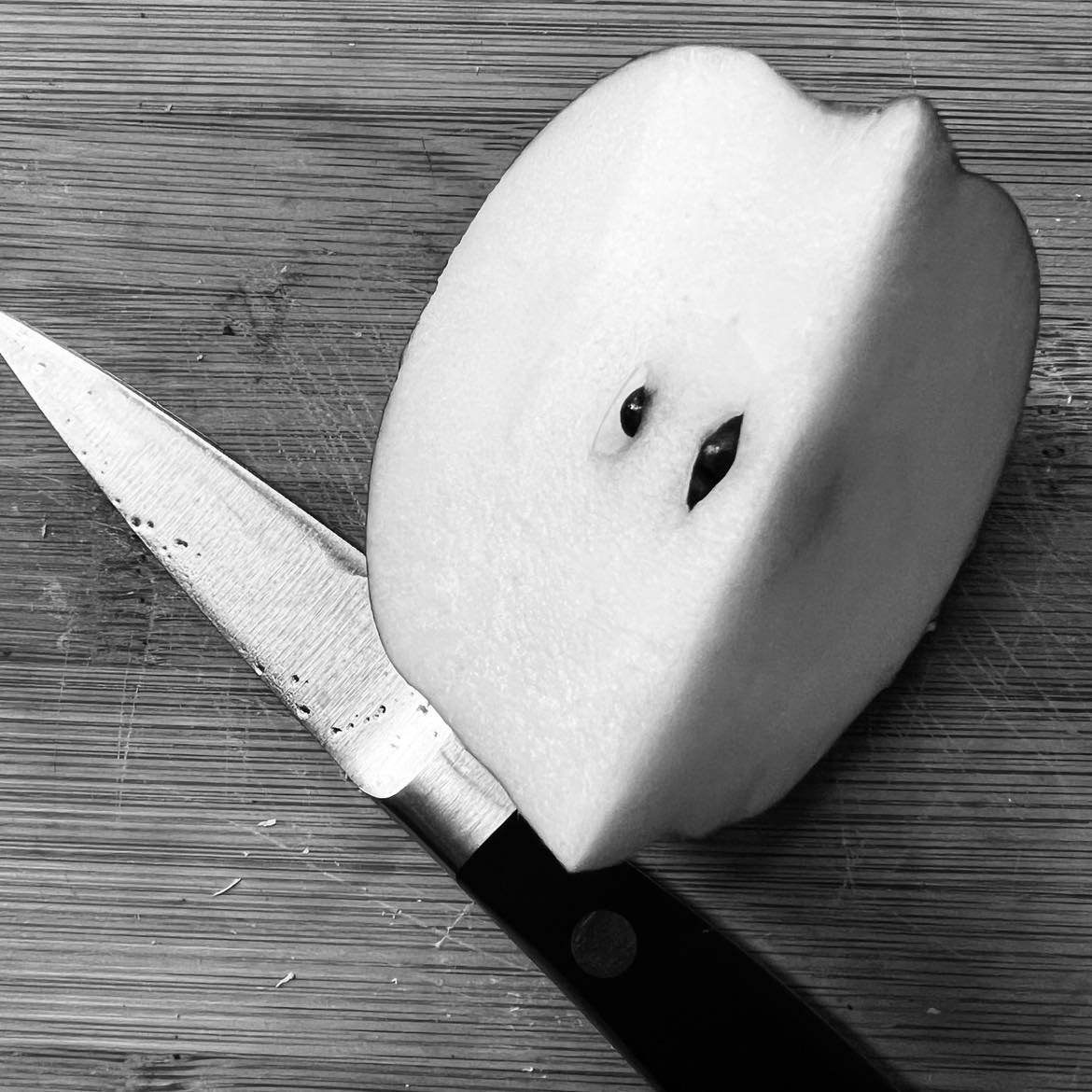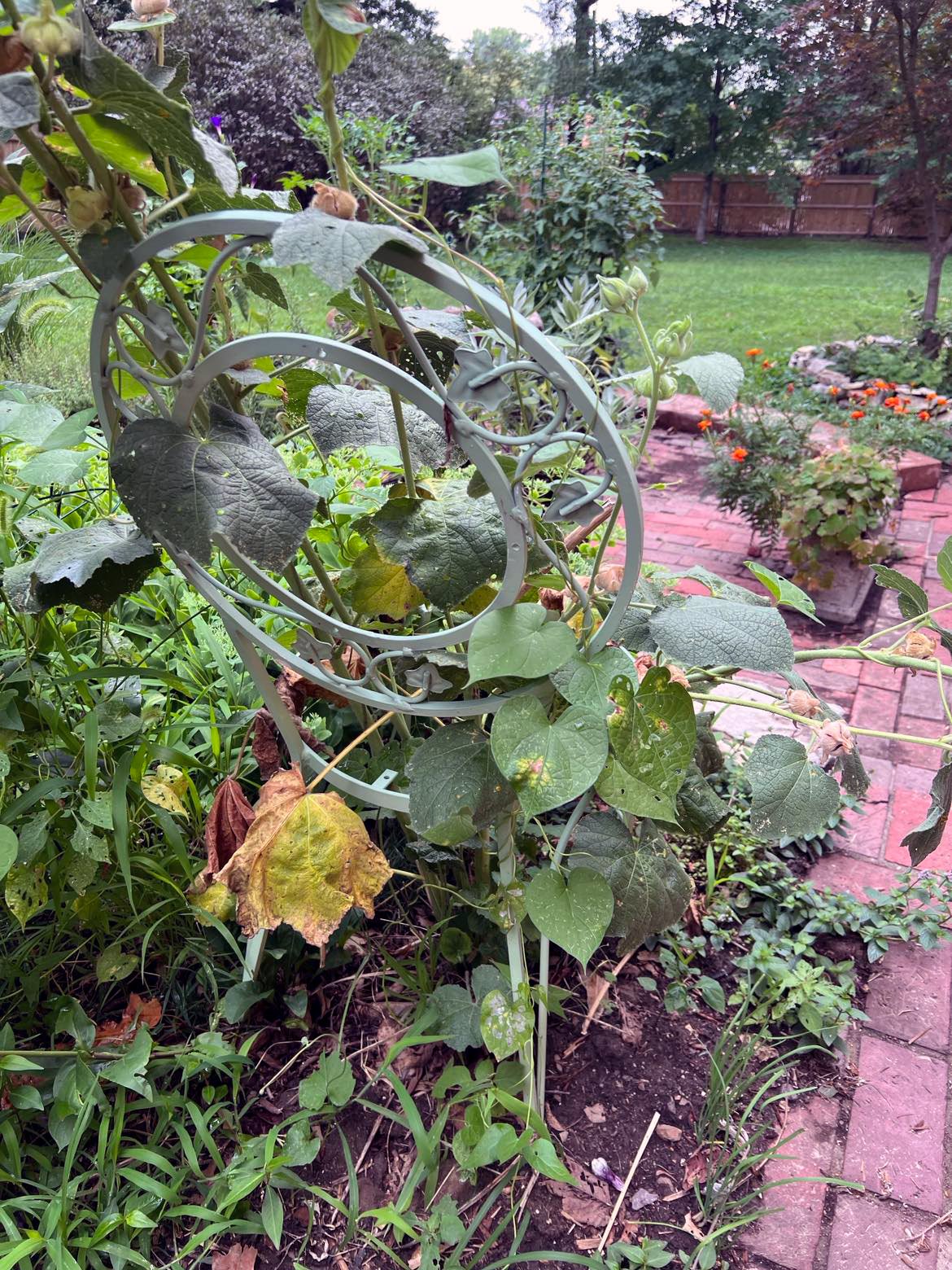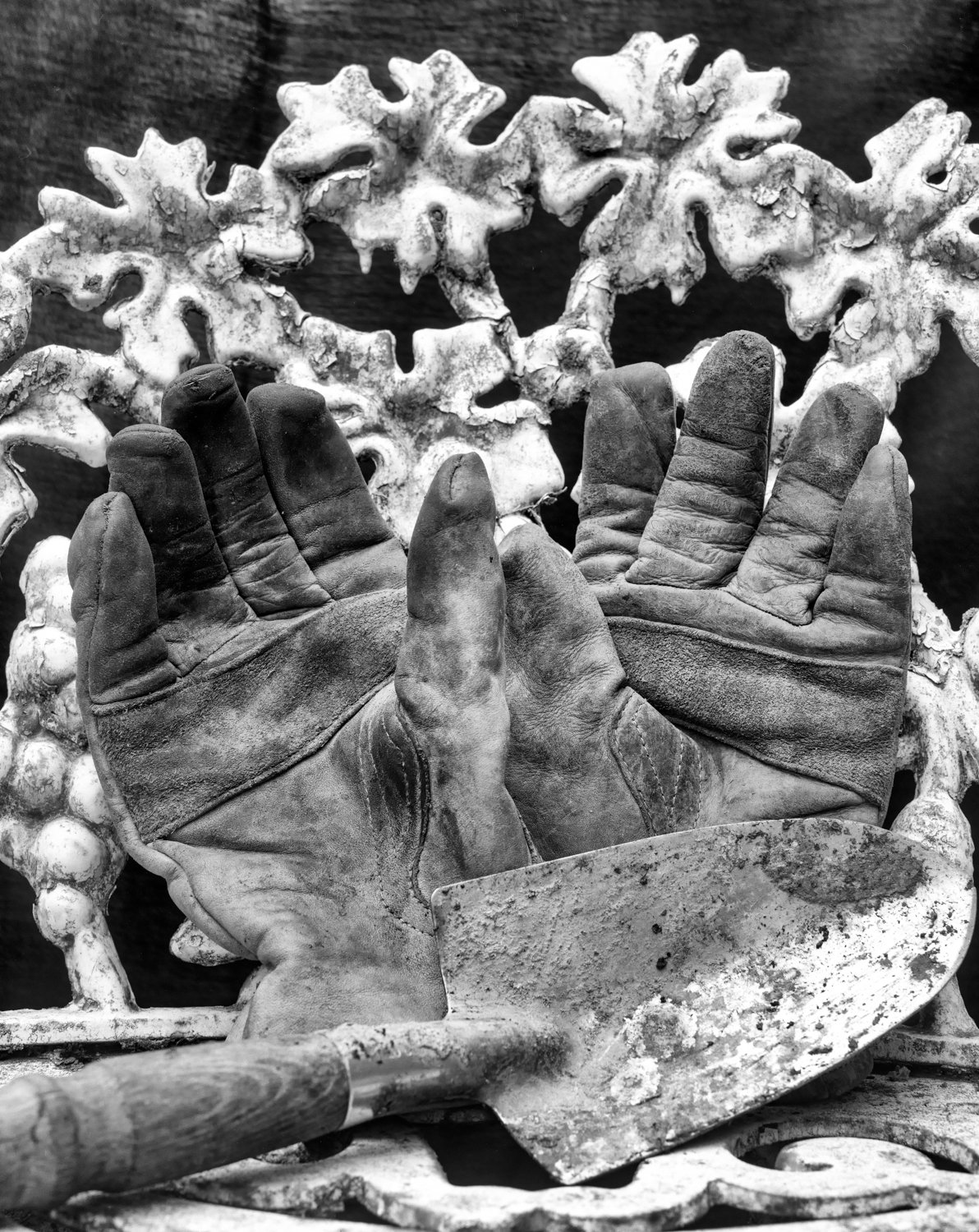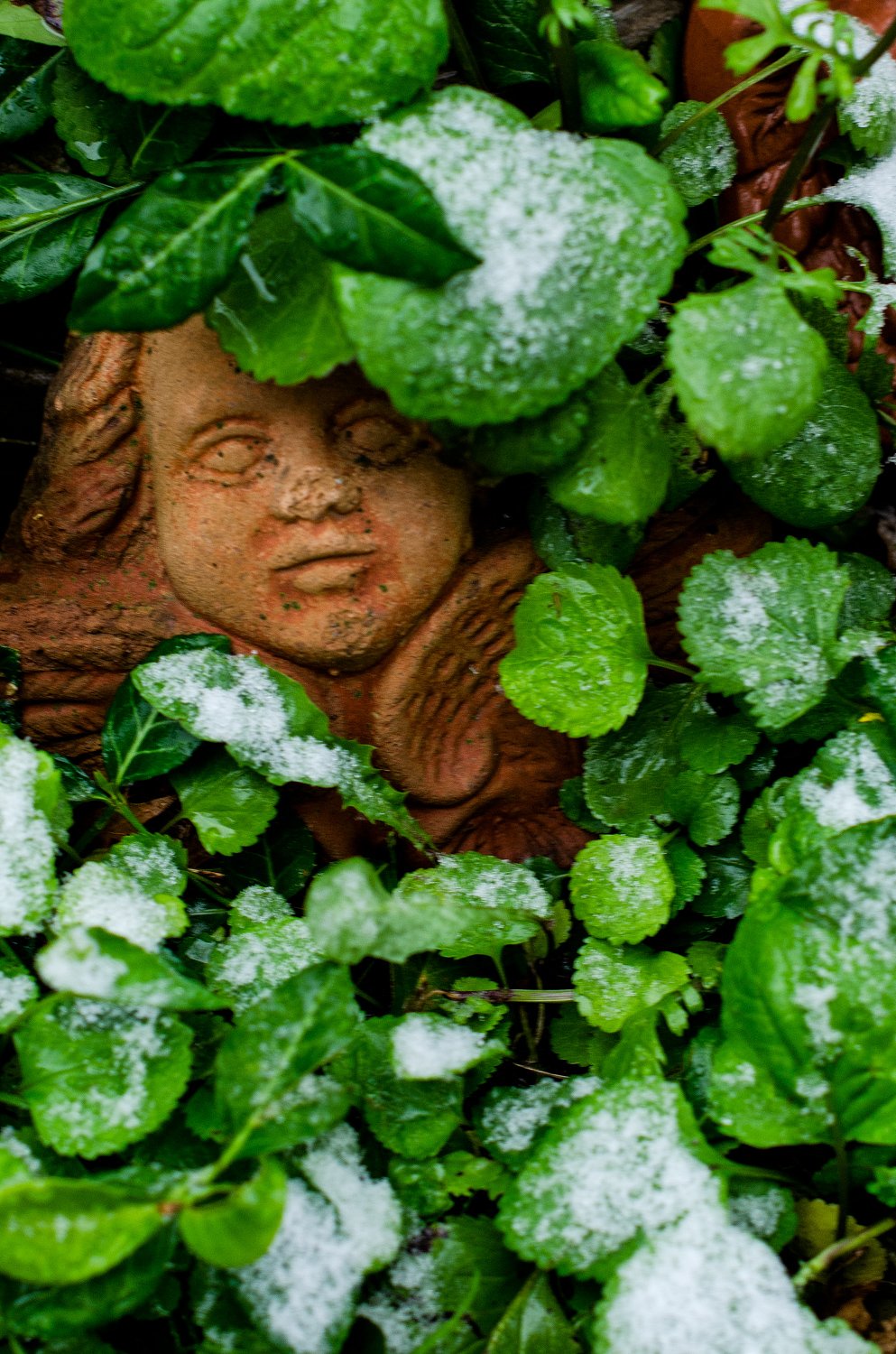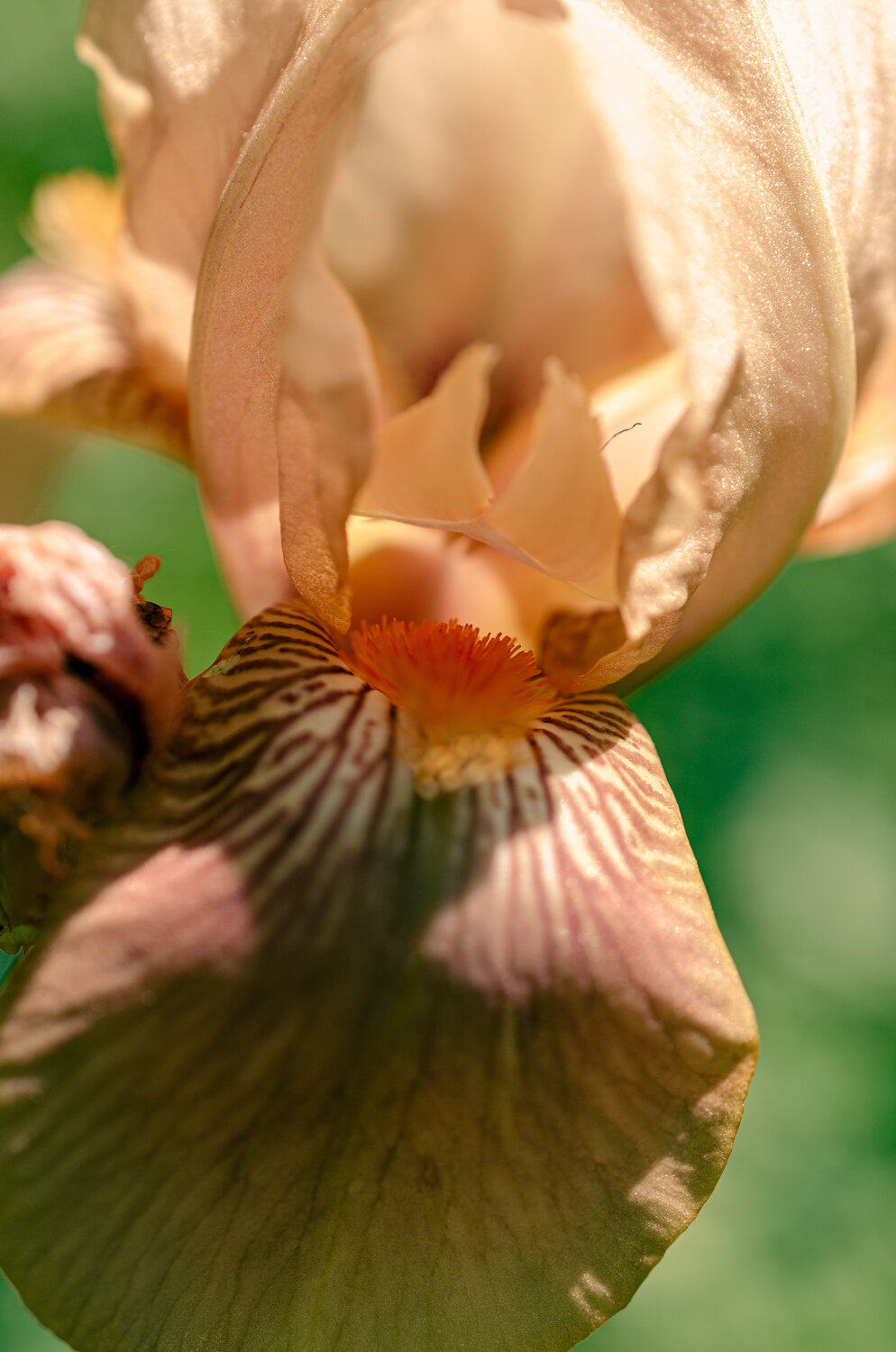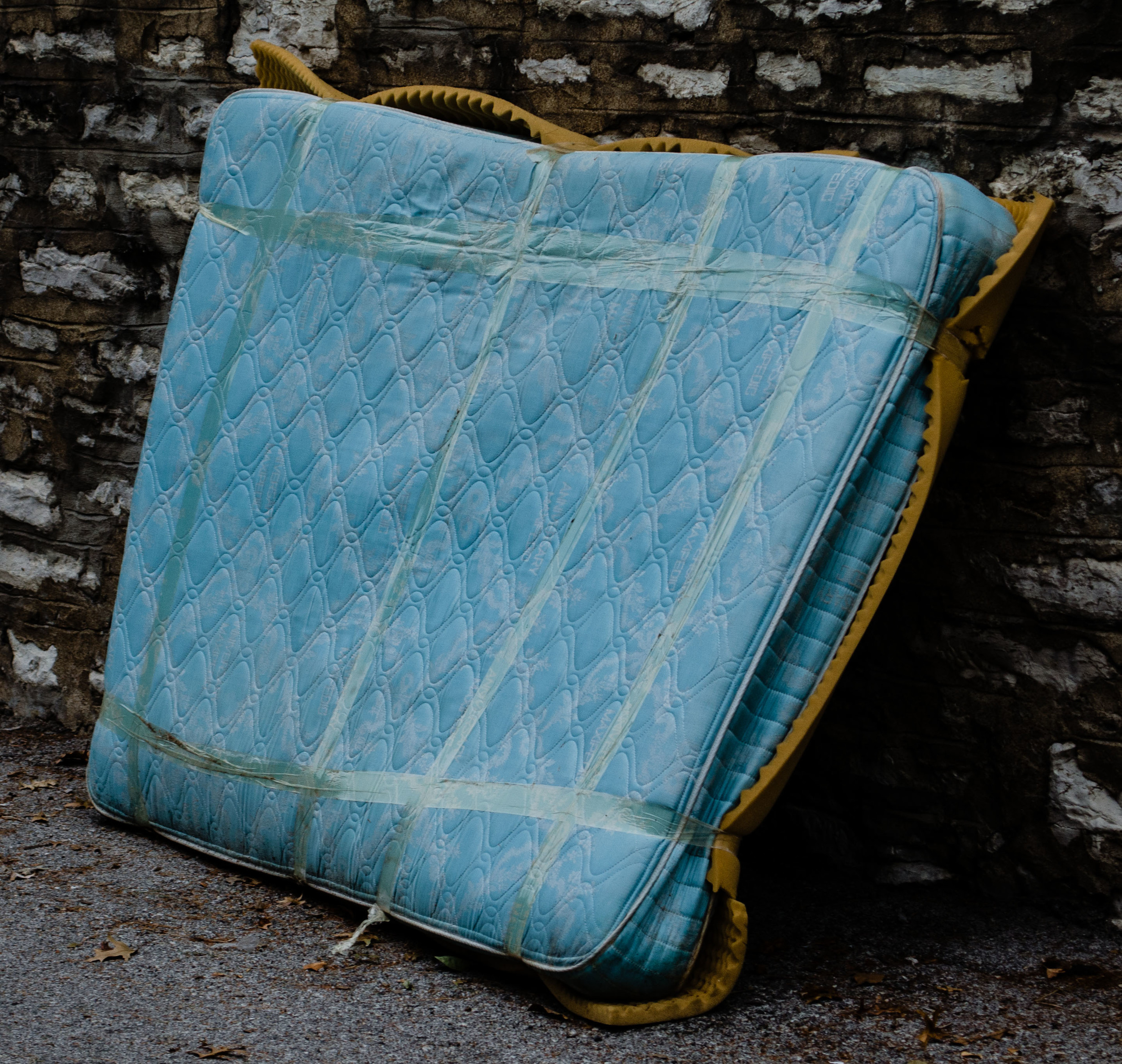The irony did not escape us recently when Parents phoned to inquire whether we had any interest in accepting the offer of their king-sized, extra-long (Dad has long legs), four-poster bed. We said we needed to think about it, which is to say, with more than a little artistic license, that we needed to “sleep on it,” which is often a euphemism for something along the lines of, “No, but we don’t want to hurt your feelings.” We should be clear also – by bed they meant bed frame, not the bedding, mattress, and box springs.
While we were sleeping on it that night, we realized something: So much history from one little fact. We have never purchased a bed – either had to, wanted to, or otherwise. Not for ourselves individually. Not for ourselves as a couple. Not for either son (cribs not included). And neither new nor used. We have bought mattresses, box springs, sheets fitted and flat, and egg crate and memory foam toppers, but never the bed. How’s that for intelligent design?
Childhood beds do not count because our wonder years were featured like apartments with furniture included, so starting in college, we slept in the dorm bunk, imported a bed from home, or slept on a life raft mattress on the floor (aka the faux-futon). Our first apartment as a couple was furnished with her childhood bed because it was a double, compared to his frameless single life raft, but the name-brand solid cherry bed did not survive more than a few years of service, no doubt because it was neither purchased or designed for the vaults, tumbles, and hard athleticism of early married life.
Fortuitously, yet sadly, around the time that we could no longer tighten the bolts and screws of the old cherry bed, a cherished grandmother died and left to Her the antique that was – and still is – known as The Lincoln Bed. It’s the kind of bed that inspired us to imagine donning bed clothes, night caps, and curly toed slippers (shades not of grey but, “And Ma in her kerchief. And I in my cap”).
This was, to borrow a phrase from tea time, a proppa bedda, befitting our then new-found status of first time homeowners. It anchored the euphemistically referenced Master Suite in our new ranch-style starter home, described by an inebriated father on his first visit as “Nice and new and all, though it does resemble a double-wide from the front and the butt (he said ‘rear’). In retrospect, we wish we could take back our needlessly apologetic reply, “Well, we had to start somewhere. But home alone, to be as honest as Abe, we had fun referring to it as The Lincoln Bedroom – Missouri Annex.
Eight years on, and we were planning on taking The Lincoln Bed here to Snob Hill. We were trying to negotiate that rare occurrence, the door-to-door move, and we were being batted about by the mortgage company like a shuttlecock during a game of drunken badminton. Before the closing, we secured an additional private visit. We measured and diagrammed (oh, the joys of graph paper) the placement of our bedroom furniture, including The Lincoln Bed.
We still appreciated the walnut behemoth, Boyone was five and Boytwo was due in a few months, and this patch of double bed real estate was beginning to experience, not quite border wars, but certainly lines of scrimmage. Into this moving mix, a Mother unexpectedly offered to give us her nearly new, recently acquired king-sized four-poster bed with what seemed to us to be fancy, almost high-tech mattress composed of a series of water tubes. After months of visiting bedroom stores and mattress retailers, Mother had chosen this bed as the cure for her sleeplessness and fibro myalgia. Six months after delivery, neither condition had improved – plus she didn’t like using a small step stool to ascend/access the bed. To borrow an analogy that could not have been made at that time – getting into this bed felt to her like assailing The Wall in Game of Thrones (nor was she a fan of Pink Floyd).
So we inherited the four-poster. Boytwo would graduate to the Lincoln Bed in a few years after he graduated from his crib. We learned to love spreading out. Besides many good nights of sleep, there is really only one story related to this bed. While hosting the annual Snob Hill Christmas Party a few years after we moved in, our neighbor the Death Star heaved herself upstairs rather than send her obedient lackey and sycophant husband, Sam, just to nose around the second floor of the house, ostensibly to retrieve her coat.
Her husband was code named (by us, anyway) Sam for Secret Agent Man because he had “retired” from some sort of other job while in his 50s to become a real estate agent for the company co-owned by our next-door neighbor. He never seemed to sell anything. We think he just liked to see his name planted on signs throughout town like toadstools after a heavy rain. Still, he seems to still have captured the soon-to-be deceased widow market—those little old ladies to shed their mortal coils as well as their earthly abodes—an always diminishing but ever sustaining segment of the local housing economy.
The coats were piled on our four-poster. And, yes, we did—and still do—have a brass chandelier above the bed, a perhaps extravagant touch, except we had acquired it during a silly bitof aggressive bidding – fueled by the double trouble of competitive bidding and an open bar at our sons’ school’s annual dinner auction. It was for a good cause we told ourselves, but the truth lay elsewhere, hung-over. The morning after (there’s got to be one and there’s no pill for it), as the boozy fog lifted, we stared at it – the chandelier – wondering what we were ever going to do with an extra chandelier (and reciting the morning-after mantra “What were we thinking. What WERE we thinking?”) an answer appeared – the bedroom.
Out of breath, and thinking they were unobserved, the Death Star said to Sam, the almost code-like, “To the manor born.” They nodded to each other, as long-established married persons often do in the nearly silent, private language, created during their years together. We could only ponder her assessment of our boudoir and recall the scene from Monty Python and the Holy Grail when King of Swamp Castle says, “One day, lad, this will all be yours.” To which his son Prince Herbert replies, “What, the curtains?”
The next bed we did not purchase sits now in pieces in the living room. The four poster this spring let us down finally – and literally. The footboard suddenly split one night when we were sleeping, no athleticism required. The jokes have abounded about whose side was the one that collapsed. Thanks to the dust ruffle, the temporary repair we made with lag bolts and sistering boards, we were able to make the repair, but it bothered us knowing it was there and not knowing when next it would fail. Then a Father called the offer of his four-poster king-sized bed. He was reluctantly downgrading to a single bed so a Mother could continue to make it for him. The king-sized bed had become for her a painful, herculean task to change the sheeting.
And so, almost 20 years from the receipt of our last gifted place of repose, we have avoided again the opportunity to buy a bed. Yet, there are still consequences. The bed has been sitting in pieces in the living room for more than two months with a deadline of Thanksgiving to install it in our upstairs master bedroom. It’s not as easy as it may seem, but that, as they say, is another story.
For now, we will ponder all of this history from just unpurchased beds. We’ll sleep on that...for a bit longer.




